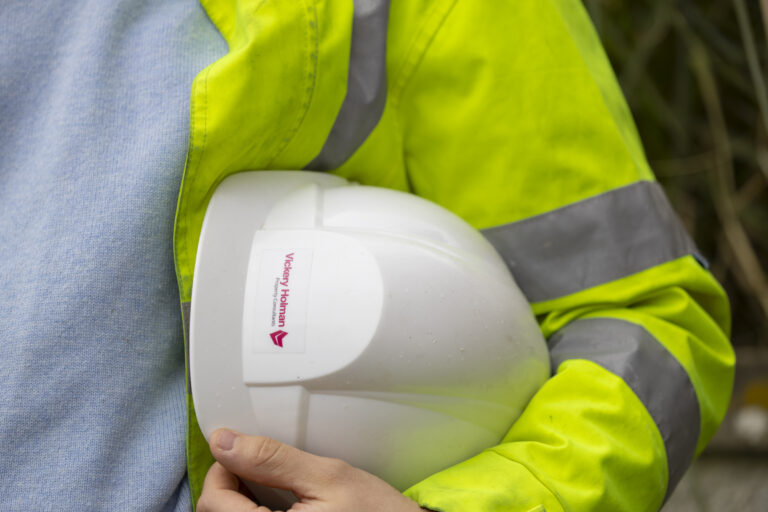Check, Challenge, Appeal: The process
At Vickery Holman, our expert rating team has vast experience of dealing with the Check, Challenge, Appeal process. This is outlined in detail below.
Check
If you wish to reduce your rateable value, the first stage is to submit a Check. This involves verifying or amending the factual details that are held about the hereditament (property) by the Valuation Office Agency (VOA). This information can include the floor area, use and other physical attributes. Some examples of issues which can be dealt with at the Check stage are as follows:
- If part of a property you occupy becomes occupied by a tenant, a Check can be used to split the property to create a new assessment. This could reduce the business rates liability of the original occupier
- If you occupy a property which is contiguous with another, these can be merged to create a new single assessment. This could reduce your rateable value if the merge creates a single property which is eligible for small business rates relief
- If a property has been demolished or is being redeveloped or renovated, a Check can be used to delete the property from the rating list and therefore to reduce the business rates liability to £0
A Check is submitted through the government gateway by either the ratepayer or someone who is acting on behalf of the ratepayer. The VOA aims to respond within 12 weeks, but this can take up to 12 months.
Challenge
The Challenge stage comes next; this is where you can dispute the valuation of your property. If the rateable value of your property is based on its turnover (this will be the case if you occupy a pub, hotel, holiday park or other leisure facilities), correcting the turnover and proposing a new valuation must be dealt with using a Challenge.
A Challenge must be submitted with detailed supporting documentation and evidence, including case law and an analysis of verified comparable evidence.
A Challenge needs to be submitted within four months of receiving a Check Case Decision Notice from the VOA. Once submitted, the VOA must consider the challenge within 18 months. They will either accept your proposed rateable value and amend the valuation, reject it with an explanation of their reasoning, or they will negotiate and try to reach an agreed rateable value with you.
You cannot submit more than one Challenge against the same valuation for the same reason, within the rating list. You also cannot submit another Challenge against the outcome of a previous Challenge that has been made.
Appeal
If the Challenge has been rejected by the VOA and the ratepayer is not happy with the response, they have the right to appeal. This should be done within four months of the VOA’s decision. You can also appeal if the Challenge is not dealt with within 18 months. Appeals are referred to the Valuation Tribunal for England which is an independent body that hears business rates disputes.
An appeal can be made online or using a paper form. Once accepted, a timetable is set for evidence exchange. Hearings are commonly conducted online, normally by a panel of two to three members.
Success
If the lower rateable value is accepted by the VOA, the change will be backdated to the beginning of the rating list or when you took occupation of the property. The local authority will calculate your new business rates liability and issue a refund as appropriate. The current rating list is between 1 April 2023 and 31 March 2026.
How we can help
If you believe your rateable value is too high, please do get in touch with the business rates consultancy team at Vickery Holman. We are always happy to have an initial conversation and see if we can help.




